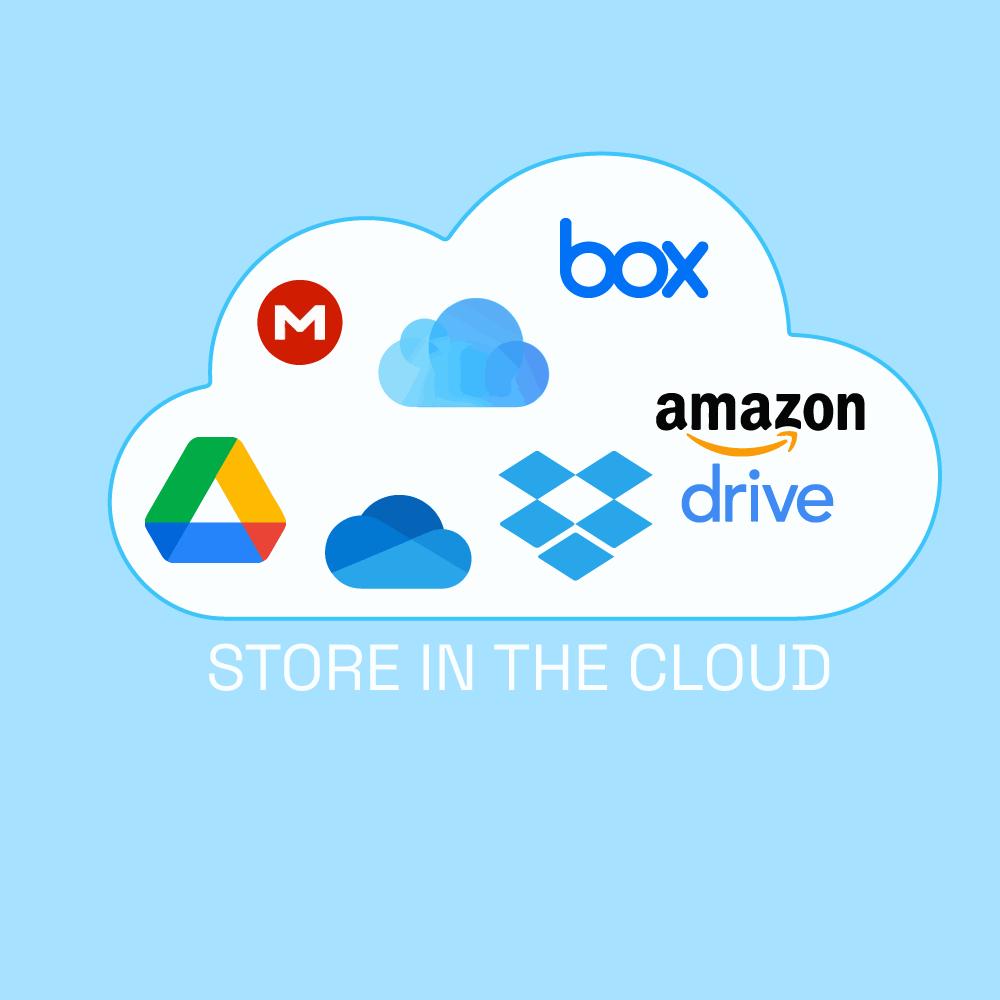The digital space is expanding. From the number of people on the internet to the amount of data being generated every minute. Within a decade, we’ve come from seeing a physical memory of 2 GB as an “overkill” to a single 3-4 minutes of 4K video crossing the 2 GB mark. With this rise, cloud storage has come from corporate use to common use. What are the pros and cons of cloud storage and which one should you go for?
Not everyone needs cloud storage, even though companies are pushing the benefits and conveniences of using one to all their customers. We’ll list all the reasons why you should and why you shouldn’t. And also, what type of data should you put on the cloud and what you shouldn’t.

The pros of cloud storage
Ease of access: Perhaps the biggest reason why cloud storage has skyrocketed in terms of popularity is the accessibility it provides. As mobile phones started getting powerful, people realized that they don’t need to carry hard disk drives and pesky memory cards.
Cloud storage allows you to access your stored data from anywhere with any devices that can connect to the internet and has multimedia functionality. All you need is your user ID and password. In another sense, all your data in the cloud is in the air, wherever you go.
Scalable storage: You can almost never run out of cloud storage for personal usage. Cloud storage options start from 5 GB and can reach as far as 2 TB or almost 2,000 GB. The advantage of cloud storage in terms of scalability is you can start with 5 GB (or any lower storage) and increase the capacity if you need more.
In a traditional hard disk, you have to pay for specific storage, no matter if you use it or not. You can get a 1 TB hard disk drive and never use it completely. And if you run out of storage, time to buy a new and more expensive one and transfer all the data to it. So inconvenient.
Data-loss security: Large cloud storage companies like Google, Microsoft, Apple, or Dropbox have configured their storage devices in a way that secures the data of the users if the devices fail. This ensures data-loss security and you can be sure that your data will not be lost.
This is not true for locally-stored data. Hard disks, memory cards, SSDs are all physical devices. This means if they get lost, damaged, or corrupt, the data is gone (if you don’t have a backup). While there are ways you can get some of your data back, it is very expensive. And trust me, you don’t want to get into that situation.
Low price: Cloud storage has gotten cheaper. You can get a fast 500GB SSD for around $40-$50, but it does not come with the advantages of cloud storage. Google Drive offers free 15GB of cloud storage and if you want to upgrade, it only costs $20 per annum for 100GB. You can go as high as 30 TB or 30,000 GB!
The upfront price of cloud storage is very cheap and add that to scalability, you’re saving a lot of money. Say if you bought that 500GB SSD mentioned before and only used 70GB. This means that you are only using $7 worth of storage that you paid for. $43 worth of unused space. In the cloud (considering Google’s prices) with 70GB, you are not using only $6 worth of space.
Speed: The speed here does not refer to the download or upload speed to a third-party cloud storage service provider (iCloud, Google Drive, etc). That depends on your internet speed. Speed here means the speed of data storage devices used in the cloud. These devices are capable of transferring and reading data at super speeds, as high as 1 Gbps.
While SSDs are very fast, they are very expensive as well. A cheaper alternative is hard disk drives but they are outdated and very slow with a higher risk of mechanical failure.
It is growing rapidly: This is an advantage of cloud storage you won’t find listed anywhere. Cloud storage is growing at a blazing pace. In a survey, more than 84% of the surveyed organization said that they use cloud storage at some level. You can read more about the study here.
When there is an increase in the use of technology, it gets better and more affordable. So if you are looking to use cloud storage, you don’t have to worry about the future of it. It isn’t like Dropbox will shut down tomorrow and all your data will be gone.
Syncing: The automated syncing cloud storage provides makes it even more desirable. Turn on the sync or backup feature and the moment a new file is created (document, images, videos, etc) and it will automatically be uploaded to the cloud storage. So if the data on your phone or computer is lost, it will always be there in the cloud.
You can even select the specific files and folders you want to upload automatically so that junk does not take up all the space in the cloud. This convenience is one of the reasons everyone should try cloud storage.
Security: Cloud storage is said to be a very secure storage option. I use the word “said” because companies claim that the users’ data they store is protected under layers of encryption, making it impossible for hackers to get in and steal your data. I’ll get into that later.
From my experience, cloud storage is secure and safe for your data and if one looks at the number of instances where there has been a breach, it is minimal. But, more on this in the cons section.
Sharing and access: Sharing your data with someone or even accessing it anywhere is a breeze with cloud storage. Let’s say you want to share some pictures of a trip with your mother, but she lives in another city. You can send a few pictures but what if there are 300 of them? This is where sharing comes to the “picture”.
You can create a shareable link that will only let your mother see the folder you want her to see. All you need to do is share a link and then she can access the photos. Apart from that, you can also access your files from multiple devices.
Your own network: Network Attached Storage or NAS is a device that gives you your own cloud storage. You can increase or decrease the number of SSDs in the NAS to increase the capacity and it is great for managing large amounts of data. NAS also allows simultaneous accessing of data, making it a great option for small companies and team projects.
NAS is a form of cloud storage that is a great option for personal use as well. The only problem with NAS is that it could be a little complicated for beginners and a bit expensive.

Cons of cloud storage
Just because there’s a cloud in the storage, it isn’t always sunny. Sometimes the cloud storage can turn into those dark, stormy clouds. With the same enthusiasm with which I wrote about the benefits of cloud storage, I’ll be listing the negative sides of using one.
Lifetime cost: The biggest issue I have with cloud storage is the recurring payment. Remember I said that you can get 100GB for just $20 a year? That makes the upfront cost low, but in the long term, it could be a burden. So if you pay $50 for an SSD with 500GB, that’s the only payment and the 500GB is yours forever.
In cloud storage, you’ll have to keep paying every year. So the longer you keep it, the more you have to pay. And since we want to keep most of our data for a lifetime, this makes cloud storage a recurring cost for a lifetime.
Useless with poor internet: Cloud storage is only as good as the internet service you are getting in your area. If you have a terrible, slow internet speed then downloading and uploading large files will take forever. For me, 100 Mbps of download and upload speed is required for a convenient cloud storage experience, especially if you upload large amounts of files.
This also correlates with the advantage of accessibility in cloud storage. If you are out somewhere and want to access or upload your files, that is only possible if you have a good internet connection. Poor internet renders cloud storage useless.
Security: Coming to the biggest disadvantage of cloud storage; security. There have been multiple instances of data breaches in big companies and it makes you question whether you can trust them with your sensitive data.
There have been cases of data breaches in huge companies like eBay, Adobe, MySpace, LinkedIn, etc. When it comes to cloud storage services, where data security should be of utmost priority. In 2012, Dropbox was infiltrated and the data of their customer was stolen and sold in the dark market, a place where you don’t want your data to be in.
The other breach that took over the globe was when iCloud, yes, Apple’s iCloud was breached and private photos of Jennifer Lawrence were leaked online. All these breaches of some of the biggest companies in the world make you wanna rethink before uploading your data on the cloud.
What to store on the cloud
The pros and cons of cloud storage might confuse you. There are good things about cloud storage and there are some bad things too. So should you use it or not? Of course, use it, but use it smartly. What do I mean by that?
Considering the benefits of using the cloud, it sure could help you in a lot of things. Low upfront costs and a relatively cheap price for small storage options make cloud storage a perfect choice for your data storage requirements. The cost increases incredibly as the data capacity increases.
Coming to what to store on the cloud, it is better to store normal photos and videos or documents that you won’t mind if they were leaked. This does not mean that it will be leaked. What I am implying is do not store sensitive data in the cloud.
For all your sensitive data, it is better to get a physical hard drive or SSD and store it carefully so that only you have the data, and no one else. Again it is safe to store this data on multiple storage devices if you want to be really careful. Just don’t be frugal when it comes to data security and loss.
Data that is frequently accessed or used should be kept in physical memory like hard disk drives or SSDs. This makes using data more convenient. The data you don’t use that often should be transferred to cloud storage. It is also safe to keep data both in the cloud and local storage to be safe from any data loss.
Use a cloud storage provider that is compatible across multiple devices and operating systems. I use Google Drive because of the compatibility, but you can try any cloud storage options since most of them are all cross-compatible. iCloud application is not supported on Android at the time of writing this article.
Comparing prices of various cloud storage services
Here’s a price comparison of some of the top cloud storage service providers for personal use (price on a monthly basis). Take a look:
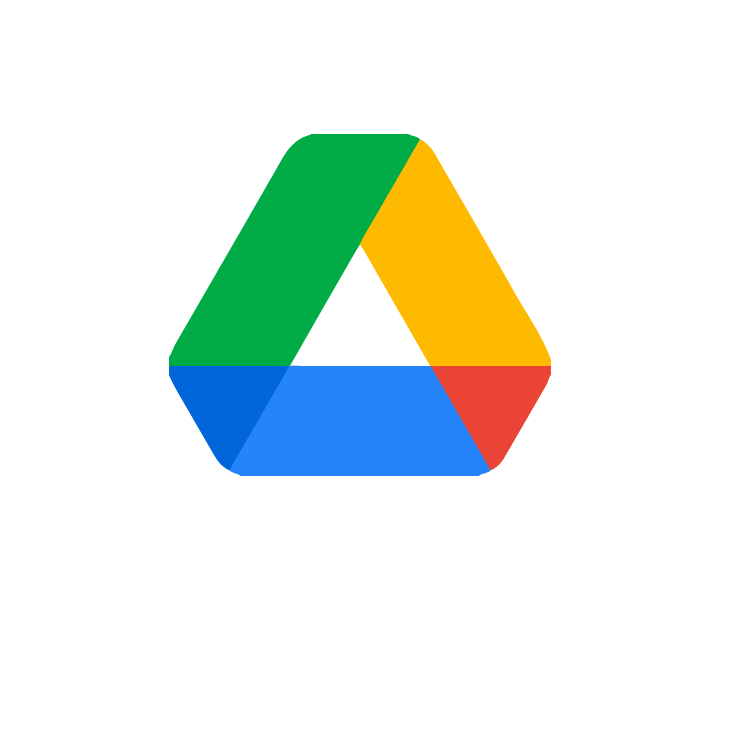
Google Drive:
| 15GB | 100GB | 200GB | 2TB |
| Free | $1.99 | $2.99 | $9.99 |

Microsoft OneDrive
| 5GB | 100GB | 1 TB | 6 TB |
| Free | $1.99 pm | $6.99 pm | $9.99 pm |

Apple iCloud
| 5GB | 50GB | 200GB | 2TB |
| Free | $0.99 | $2.99 | $9.99 |

Amazon Drive (price on an annual basis)
| 5GB | 100GB | 1TB | Unlimited photo and 5GB video storage |
| Free | $19.99 | $59.99 | With Prime |
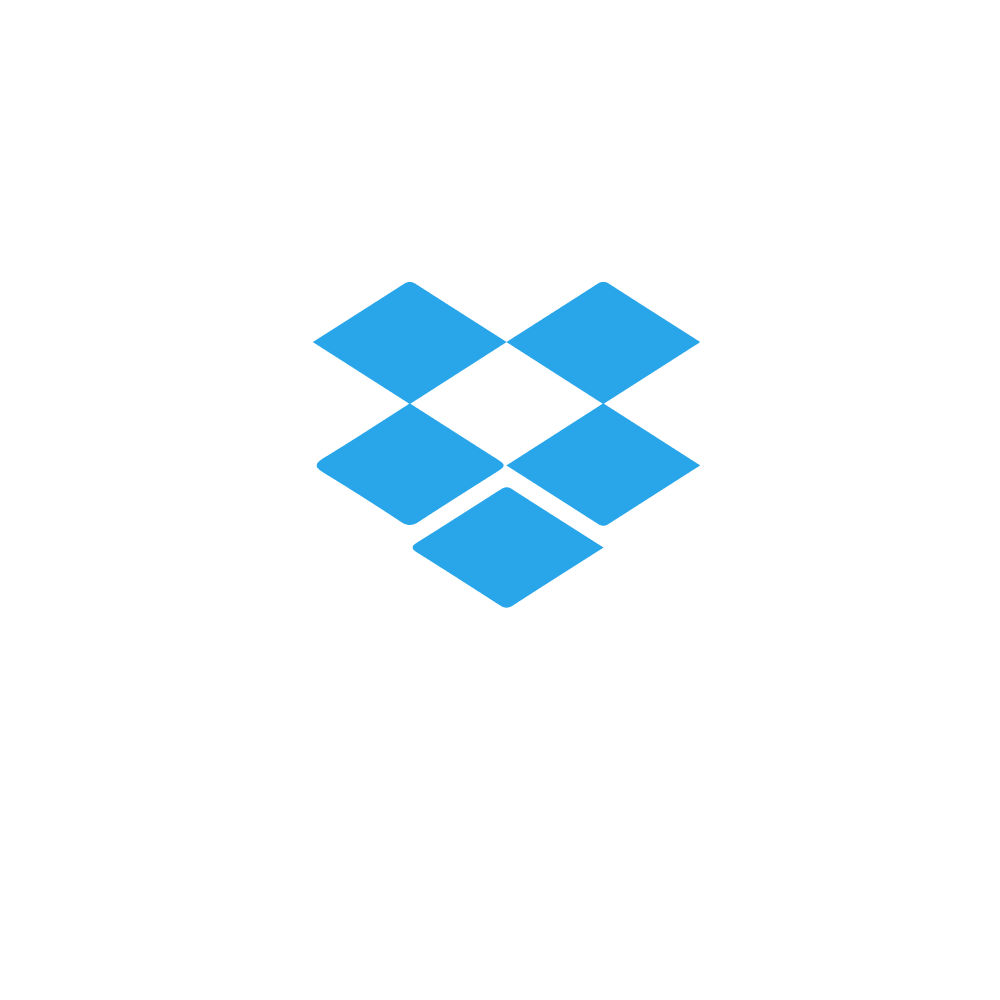
Dropbox
| 2GB | 2TB | 2TB | Perks |
| Free | $11.99 | $19.99 (6 users) | TB plans come with perks |
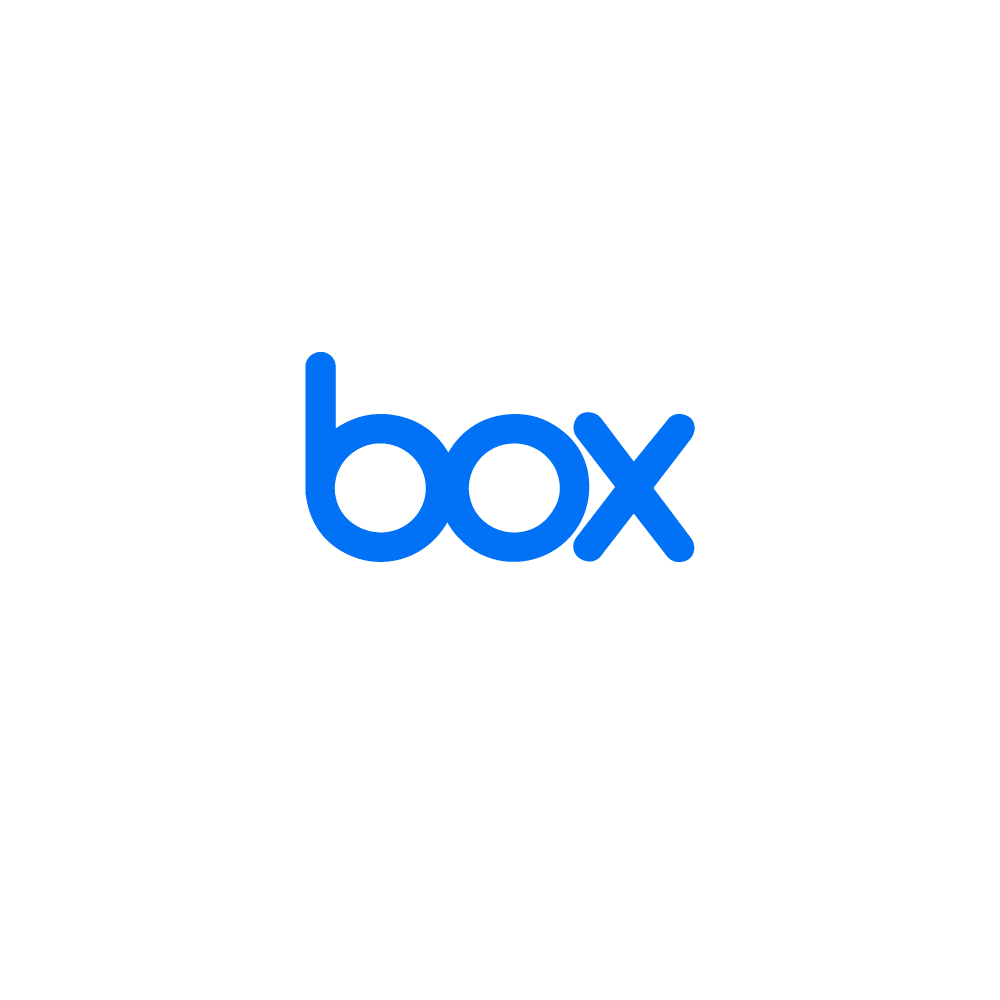
Box
| 10GB | 100Gb | Unlimited(business) | Unlimited(business plus) |
| Free | $5.75 | $16.36 | $27.75 |
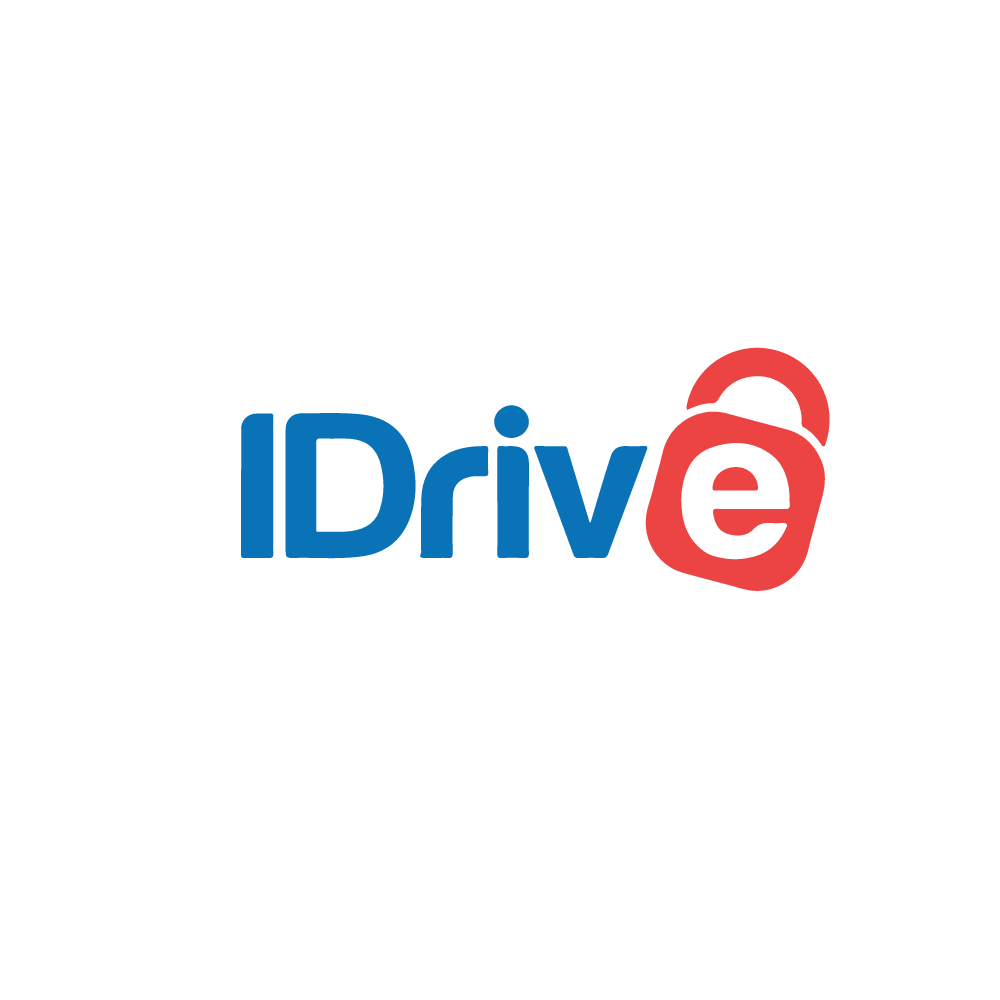
iDrive (price on an annual basis)
| 5GB | 5TB | 10TB | Users |
| $52.12 (1st year) | $74.62 (1st year) | One for Personal |

Mega
| 50GB | 200Gb | 500GB | 2TB | 4TB |
| Free | $4.99 | $9.99 | $19.99 | $29.99 |
This concludes the article. If you found it helpful, then how about reading some more informative articles related to this topic? Take a look and have a read.
